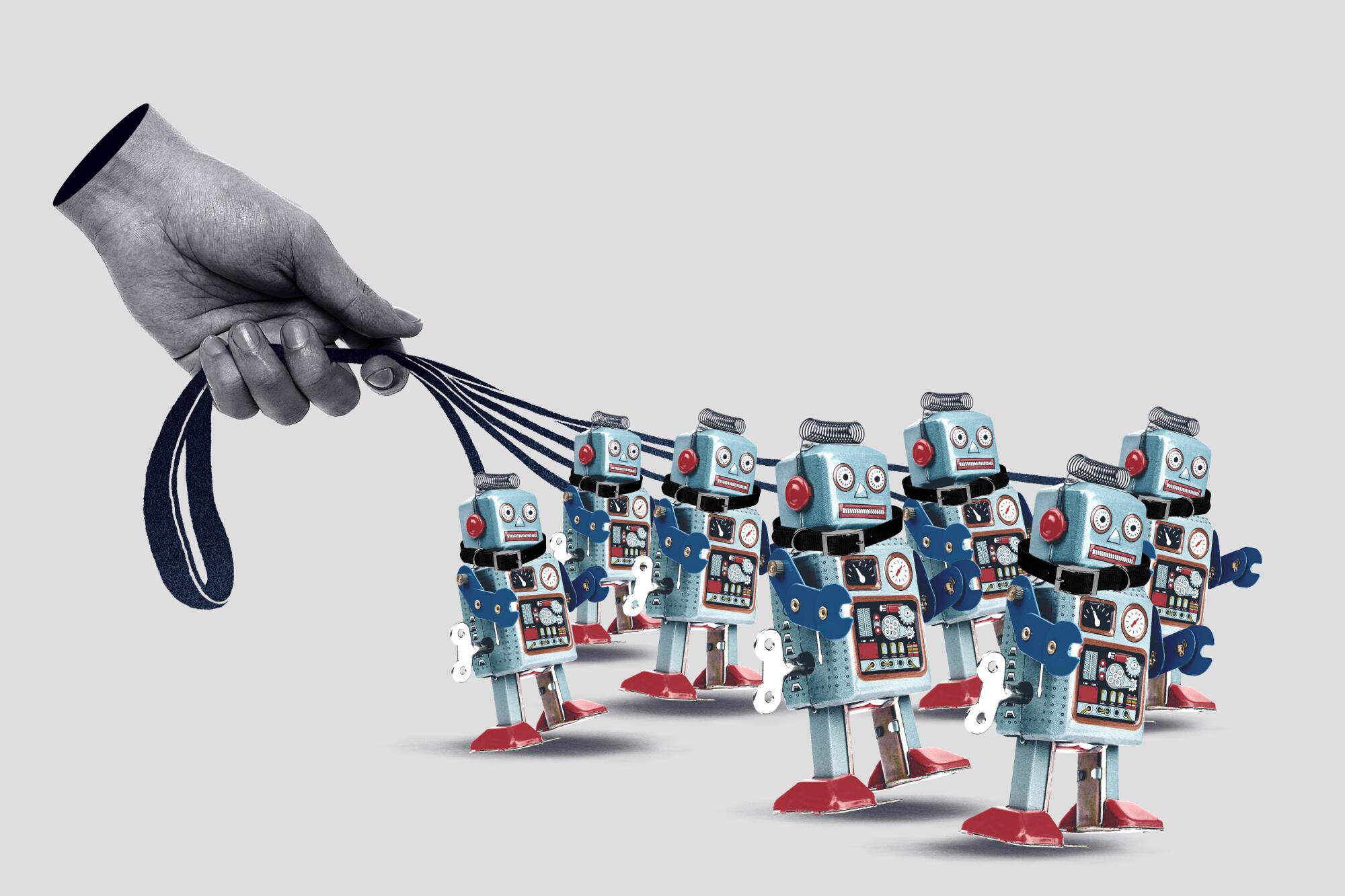The Changing Job Roles in Silicon Valley with AI in recent years, Silicon Valley has experienced profound changes, especially in its workforce. The rise of artificial intelligence (AI) has disrupted traditional job roles and redefined the future of work. How AI is changing job roles in Silicon Valley is a critical question that requires attention. This technology is not just transforming Silicon Valley; it’s reshaping job functions, career paths, and required skill sets. Let’s dive into how AI is affecting the job market in one of the world’s most innovative regions.

How AI is Changing Job Roles in Silicon Valley
The integration of AI in Silicon Valley is not a distant future—it is happening right now. With rapid advancements in AI technology, how AI is changing job roles in Silicon Valley is a question that every professional in the region is asking. As AI continues to evolve, it is replacing and transforming job functions across multiple industries.
1. Automating Routine Tasks
The automation of repetitive tasks is one of the most noticeable impacts of AI. Many jobs that involve routine, manual work are now being handled by AI systems. Customer service roles, for example, are increasingly being replaced by AI chatbots that can respond to inquiries 24/7. Similarly, industries like finance are leveraging AI to automate data entry and financial reporting.
As a result, employees are being freed from mundane tasks and are able to focus on more creative, strategic, and impactful work. Rather than eliminating jobs, AI is changing the nature of the work, allowing people to focus on higher-value tasks that require human creativity.
2. Emergence of New Job Roles
With the rise of AI, entirely new career paths have emerged. Professionals like AI specialists, data scientists, machine learning engineers, and AI ethicists are now essential to the workforce. These positions didn’t exist a decade ago, yet today they are crucial to the development, deployment, and regulation of AI technologies.
How AI is changing job roles in Silicon Valley is not just about displacement. It’s also about the creation of new opportunities for highly skilled professionals. These roles require individuals who can design and refine AI models, manage big data, and ensure that AI systems are ethically implemented.
3. Improving Efficiency Across Industries
AI is making businesses more efficient. In the tech world, for example, AI can help developers identify bugs and optimize code, reducing time and improving productivity. In finance, AI algorithms are used to analyze data and predict market trends, allowing businesses to make quicker, more informed decisions.
Rather than replacing jobs, AI is enhancing productivity by automating mundane tasks and helping workers focus on high-level decision-making. AI-driven tools allow employees to complete tasks faster, making them more effective in their roles.
4. The Need for Cross-Disciplinary Skills
While technical knowledge remains vital, Silicon Valley is increasingly seeking workers who possess cross-disciplinary skills. Professionals who can combine their expertise in AI with other fields—such as business strategy, law, and communication—are in high demand.
How AI is changing job roles in Silicon Valley is also about the need for collaboration between disciplines. Professionals who can understand the technical side of AI while also grasping the business implications are becoming more valuable. For instance, a project manager may need to understand both AI algorithms and the strategic goals of a company.
5. Reskilling and Upskilling the Workforce
One of the most pressing concerns about AI is job displacement. However, many companies and workers in Silicon Valley are responding by focusing on reskilling and upskilling. Numerous training programs and certifications are available to help workers develop the skills needed to thrive in an AI-driven environment.
Upskilling allows professionals to move into new roles, such as data analysis, AI programming, and machine learning. Reskilling, on the other hand, involves helping workers transition to entirely new job functions. By investing in reskilling programs, companies and employees can ensure that they remain competitive in a changing job market.
6. Flexibility and Remote Work
AI has also contributed to the rise of flexible work arrangements in Silicon Valley. With many tasks now automated, employees can work remotely and collaborate on projects using AI-powered tools. Companies can manage teams across different time zones more efficiently, improving productivity without requiring workers to be in the same physical space.
This flexibility is particularly important in industries like software development, marketing, and creative roles, where AI enables seamless collaboration. Employees no longer need to be tied to a specific location, offering more opportunities for work-life balance.
7. Ethical Considerations and Job Displacement
While AI is transforming job roles, there are important ethical concerns surrounding its use. Issues like algorithmic bias, privacy, and job displacement have become central to the conversation. In Silicon Valley, experts are working to ensure that AI is developed and implemented responsibly.
AI’s impact on job displacement has raised significant questions about fairness and equity in the workforce. Many worry about the implications of AI systems that may replace jobs, particularly in industries with lower-skilled workers. It’s crucial that businesses focus on developing policies to manage these challenges, ensuring that AI benefits everyone in society.
8. The Future of Jobs in Silicon Valley
Looking forward, the future of jobs in Silicon Valley will be defined by a blend of human ingenuity and AI-powered efficiency. While some traditional roles may be replaced by AI, others will evolve, creating new opportunities for workers with the right skills. The key to navigating these changes will be adaptability.
As AI continues to advance, it will undoubtedly impact the workforce in Silicon Valley, but it’s not all negative. How AI is changing job roles in Silicon Valley reflects a growing trend toward smarter, more innovative work environments. As long as employees and companies continue to adapt, Silicon Valley will remain a thriving hub of innovation and progress.






